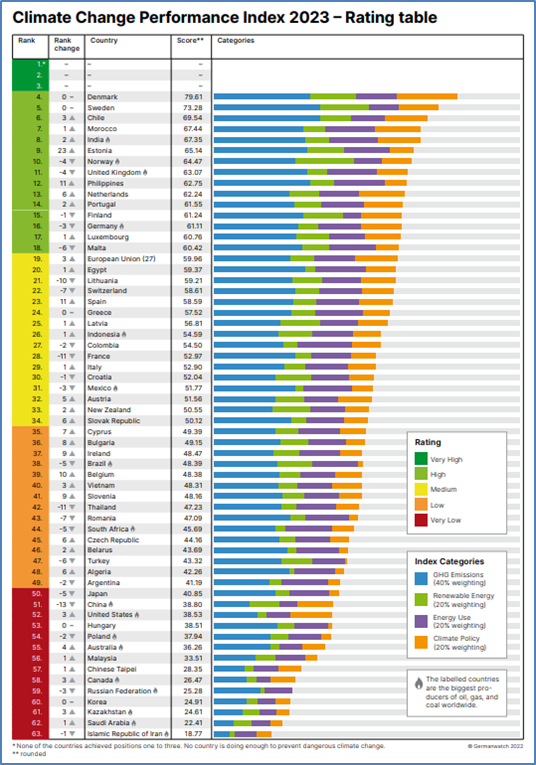Smarter federal policies on IP protection and procurement needed for Canada to compete
The federal government needs strategic policies on IP protection and procurement if Canada wants to compete in a global digital economy, says the chair of a Senate committee reporting on the issue.
 Ottawa also needs to update and refocus its policies for incentivizing and retaining business investment in Canada, including more targeted support for innovative companies beyond the startup stage, said Senator Pamela Wallin (photo at left).
Ottawa also needs to update and refocus its policies for incentivizing and retaining business investment in Canada, including more targeted support for innovative companies beyond the startup stage, said Senator Pamela Wallin (photo at left).
“People are doing innovative things that would make the best of who and what we are as an economy,” she told Research Money. “But we’re not using our own potential to its peak.”
Wallin chaired a 12-member Senate Committee on Banking, Commerce and the Economy whose report earlier this year found current government policies and programs haven’t adapted to the reality of an increasingly digital and data-driven economy.
She said witnesses told the committee that Canada isn’t regarded as a particularly entrepreneurial country, with most Canadians living a good life and having a certain degree of complacency and unwillingness to take risks.
The committee heard that federal incentives aimed at supporting business investment and innovation aren’t strategic, well-coordinated or sufficiently built upon Canada’s industrial strengths such as energy and agriculture.
Ottawa’s approach is focused on a jobs creation strategy rather than an investment and growth strategy, Wallin said in an interview. She pointed to recent federal subsidies totalling $28.2 billion for Volkswagen and Stellantis to build EV battery manufacturing plants in Canada.
“Politicians of all stripes like to hand out money and create jobs, even though at the same time – and we saw it with Stellantis and others – we create jobs that are very, very expensive at a per capita rate. And all of the intellectual property flows out and goes to the foreign ownership.”
“It’s so fundamentally flawed in terms of an approach,” she added.
The Senate committee’s report included six recommendations, including updating the federal IP strategy to account for the expanding role that intangible assets play in the Canadian economy. The updated strategy should require that federal research grants be conditional on significant IP rights being retained in Canada to benefit the Canadian economy, the committee said.
James Hinton, an IP property lawyer in Ontario, told the committee that more than half of all industry IP that comes out of Canadian universities is assigned to foreign companies. He said Canada’s AI strategy involves hundreds of millions of dollars in public funding, yet only seven per cent of the IP generated ended up in Canadian industry hands, with 75 per cent being owned by foreign companies.
“We have the capability here, we actually have the research that’s being done and created, but we don’t own it. And it’s so fundamental,” Wallin said.
Government procurement policy needs modernizing
Along with strengthening Canadian IP ownership, the federal government’s procurement policy and processes need modernizing, Wallin said.
Government bureaucracy lacks expertise and specialization in procurement, she said. “The same people who last year were buying computers and cell phones this year are in charge of purchasing F-35s [fighter jets].”
The Senate committee noted that the bias of Canada’s procurement policies for the lowest-cost bidder often favours foreign companies, because they can reduce their price thanks to government support that isn’t available to Canadian companies.
“We need procurement to be smart. We need the funding to be right so that you don’t have to spend all your money before March 31, then start all over again in the budget process,” Wallin said.
The committee’s report recommended that the federal government update its procurement policies and directives to establish minimum targets for the percentage of contracts it awards to Canadian companies, particularly SMEs.
“You could literally drive economic growth using procurement [but] it really does have to be strategic,” Wallin said.
Providing increased and more accessible capital to businesses is another challenge where banks and pension funds could step up more, she noted.
Eighty-six per cent of the assets the Canadian Pension Plan Investment Board has under management are outside Canada.
The Senate committee recommended that Ottawa review whether the mandate of the Public Sector Pension Investment Board (and if possible, the mandate of the Canadian Pension Plan Investment Board in collaboration with the provinces) should be expanded to ensure a continuing contribution to Canada’s economic development.
 Between 2018 and 2020, Canada’s ratio of gross domestic expenditures on R&D to GDP was approximately 33 per cent lower than the OECD average, according to a recent Statistics Canada report. (See graphic at right).
Between 2018 and 2020, Canada’s ratio of gross domestic expenditures on R&D to GDP was approximately 33 per cent lower than the OECD average, according to a recent Statistics Canada report. (See graphic at right).
The Senate committee noted that calculations by Finance Canada show that if Canadian business investment were to increase, leading to a rise in Canada’s projected growth rate to the OECD average, the annual income of the median Canadian family with children could increase by $4,000 (in 2019 dollars) by 2030.
Instead, the OECD has projected Canada will have the lowest per-capita GDP growth among OECD member countries between 2020 and 2060.
When it comes to financial help for innovative companies, federal programs are good at funding startups but then there’s a gap in federal support as companies scale up, Wallin said. “We don’t have programs for that, so companies end up, if they’re successful, selling as opposed to growing.”
Another problem is that there are hundreds of federal programs aimed at incentivizing business investment, R&D and innovation that aren’t coordinated or easily accessible, she said.
The committee recommended that Ottawa establish a “one-stop shopping” approach to guide innovators through the intellectual property and commercialization process.
National data strategy required
The committee’s report also recommended the federal government develop a national data strategy and data governance legislative framework that provide clear rules regarding the use, sharing and storage of data, protect privacy and promote data literacy.
Statistics Canada data show that between 2002 and 2019, labour productivity grew by an average of 22.1 per cent in the digitally intensive sector, compared with an average of 6.3 per cent in the non-digitally intensive sector.
The Senate committee pointed out that it recommended, in its study on open banking in 2019, swift changes to modernize Canada’s Personal Information Protection and Electronics Act (PIPEDA). “Since that time, no amendments have been made to align PIPEDA with global privacy standards.”
Reform is also needed to modernize Canada’s competition policies for the intangible economy, considering the negative effect low competition has not only on consumers, but on business investment and economic growth in certain sectors of the Canadian economy, according to the committee’s report. “In the view of the committee, modernizing these legislative frameworks [in privacy and competition law] is long overdue.”
Wallin said the core problem is that Canada lacks a concerted, overarching strategy to capitalize on its industrial and technological strengths, coupled with a vision of where it wants to go as a country. “You have to understand what drives our economy and there just doesn’t seem to be a full grasp of that.”
For example, sanctions on Russia for invading Ukraine have resulted in some countries scrambling for energy supplies. Yet Canada, with abundant supplies of natural gas, hasn’t stepped up to develop and offer liquified natural gas, she said. “Why are we not answering the world’s problems?”
Wallin, whose home is in Saskatchewan, said in the agricultural sector, carbon and clean fuel taxes have made it more costly for farmers to plant and harvest crops, and now Ottawa wants farmers to reduce fertilizer emissions.
“I hear farmers all the time saying, ‘Look, we grew up to be told that we were the breadbasket of the world. That’s what we want to do. You can’t ask us to make less food and [still] feed more people.’”
Canada actually has the resources and the know-how to feed the world and help people heat and cool their homes, Wallin said. “We can be strategic and play a role and do a couple of things really well.”
R$
Events For Leaders in
Science, Tech, Innovation, and Policy
Discuss and learn from those in the know at our virtual and in-person events.
See Upcoming Events
You have 0 free articles remaining.
Don't miss out - start your free trial today.
Start your FREE trial Already a member? Log in
By using this website, you agree to our use of cookies. We use cookies to provide you with a great experience and to help our website run effectively in accordance with our Privacy Policy and Terms of Service.





